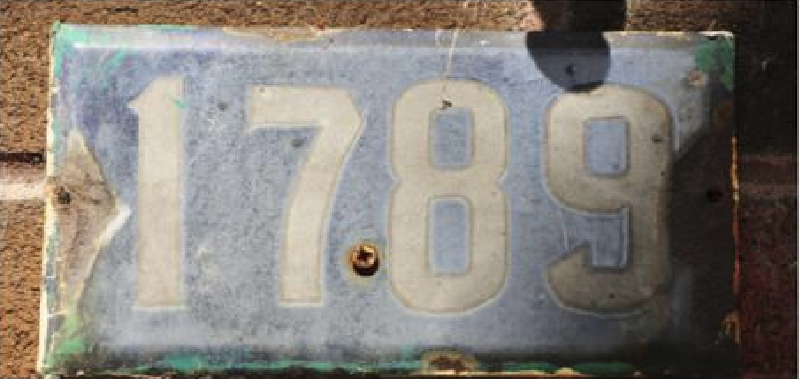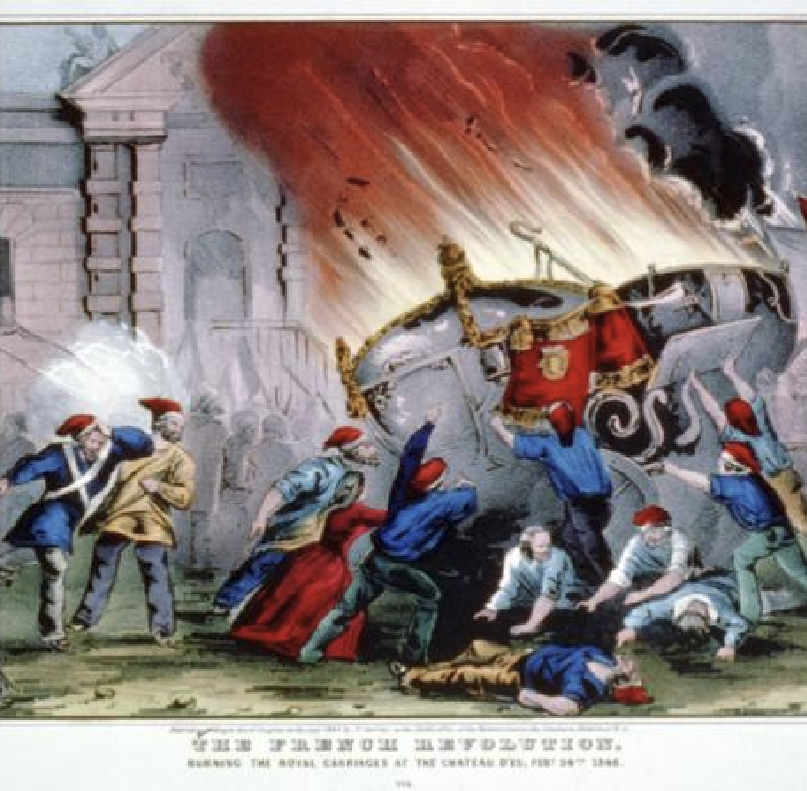The French Declaration of the Rights of Man and of the Citizen
The Constitution of Human Rights, or rather the Declaration of the Rights of Man and of the Citizen, is a fundamental document adopted in France on August 26, 1789, by the National Constituent Assembly during the French Revolution. This text marked a turning point in the history of human rights, laying the foundations for individual liberties and equality before the law—essential principles that would influence numerous constitutions and declarations of rights around the world.


CONTEXT OF THE DECLARATION OF THE RIGHTS OF MAN AND OF THE CITIZEN
Before the French Revolution, French society was organized into three estates (nobility, clergy, and commoners) with distinct privileges for the nobles and clergy, resulting in inequality and injustice. Inspired by Enlightenment ideas of equality, liberty, and fraternity, the revolutionaries sought to end the privileges of birth and the abuses of power by the absolute monarchy.
The Declaration was therefore drafted to affirm the natural and inalienable rights of man, that is, rights considered inherent to all human beings and which cannot be violated or annulled by any authority.
INFLUENCE AND LEGACY
The Declaration of the Rights of Man and of the Citizen had a profound impact, not only in France but around the world. This text influenced the Universal Declaration of Human Rights of 1948, adopted by the United Nations, as well as the constitutions of many countries. In France, the principles of the 1789 Declaration are incorporated into the Preamble of the Constitution of the Fifth Republic (1958) and are part of the constitutional block, which means they take precedence over all other French laws.